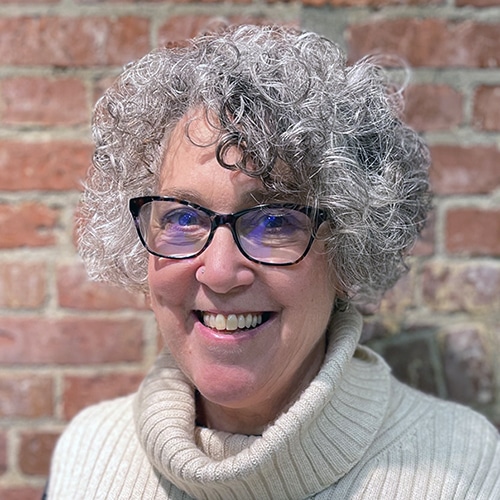In “A Life in the Law,” trial attorney Susan Cohodes shares pearls of wisdom from her long career in small firm practice and her transition to “less-than-full-time” practice.

Table of contents
Looking back on my career as a PI lawyer, I believe a key to my success is that I was always ready to dust. You may wonder what that has to do with being a lawyer. Please allow me to explain.
Long before I became a lawyer, I was a 12-year-old working in my father’s store. I use the term “working” loosely, at least as it applies to my first couple of weeks of employment. I mostly enjoyed hanging out with my dad and Uncle Morris, as well as the amusing cast of characters who stopped by to buy furniture, work clothes and whiskey. (It was an eclectic place in a small town.) When I wasn’t hanging out in the front, I was sitting in Uncle Morris’ big, green comfy chair in the back of the store with my nose in a book.
Learning the Uncle Morris Mantra
One afternoon, as I sat contentedly reading “Gone With the Wind” (which was my real plan for that summer), my bubble of leisure work burst.
Uncle Morris came to the back of the store and asked me what I was doing. I’m pretty sure I answered with something snarky like, “Duh, I’m reading Gone With the Wind.” He then asked me why I was reading in the middle of a workday. I’m sure I was not as respectful as I should have been when I looked at him and said, “Well, duh, there aren’t any customers here, so there’s nothing to do.”
Uncle Morris looked at me and said, “Dust.” Then he walked away.
And the light bulb went on.
I got up out of the chair, picked up a rag and started dusting the store’s window displays — and I haven’t stopped dusting since.
(Except at home. I never dust at my house. I hate cleaning house and have had cleaning help since I got my first solo apartment in Chicago more than 35 years ago.)
There Is Never Nothing to Do
Since that day in 1972 at Abe Cohodes & Sons in Iron Mountain, Michigan, I have held myself to the Uncle Morris Standard in every job I’ve had: There is never “nothing to do.” And so, I dust.
Even now, with my part-time lawyer caseload, I am always ready to cover a hearing or deposition, or meet a new client, or be helpful in any way I can. (Except answering the phone. I don’t want to do that anymore and am taking credit for time served.)
Uncle Morris was not wrong. There is always something to do.
The Uncle Morris Test for New Hires
Over the years, I have worked with many young lawyers and paralegals who also dusted, but I am seeing less and less of that quality in young lawyers and staff today.
A few years ago, when a young associate wandered into my office at about 7:30 on a Tuesday night and said, “Well, I guess PI is not the get-rich-quick scheme I thought it was,” I employed my time-tested snark and said, “Duh.” I then pointed out that I was more than 30 years into my practice and yet I, too, was at the office at 7:30 on a Tuesday night. He headed for home; I stayed for another two hours. He left our firm not long after and, as far as I know, he has not yet found the get-rich-quick career he was seeking.
I am also fairly certain he has not learned to dust either, which doesn’t bode well for him finding the easy pot of gold at the end of the personal injury attorney rainbow.
Even though I am no longer a full-time lawyer, I am sometimes involved in hiring discussions in our small office, and I base my input almost exclusively on whether I think a potential employee will dust. Everything else will take care of itself. We can teach systems and software, and how we like the phone answered (NOT BY ME). That’s easy. But can we teach someone to dust?
If I intuit that someone will sit happily at their workspace scrolling social media when there are follow-up calls to be made, documents to be scanned or even actual office surfaces that need dusting, they get a thumbs-down from me.
Putting In the Work
I spend a great deal of time talking with young lawyers, and I’m happy to do it. Lately, though, I’ve decided that if they are not willing to dust, I don’t want to play. So, when I get a question about, say, an insurance issue, and I ask what the policy says, if they say they don’t know, I give them an assignment to read the damn thing and to call me back when they can tell me what they think it says. If they aren’t going to do the work, neither will I.
Fortunately, there are plenty of young lawyers out there who are willing to do the work, and I see their practices flourishing. They are the dusters, and their clean, shiny futures look bright.
Image © iStockPhoto.com.

Sign up for Attorney at Work’s daily practice tips newsletter here and subscribe to our podcast, Attorney at Work Today.
















